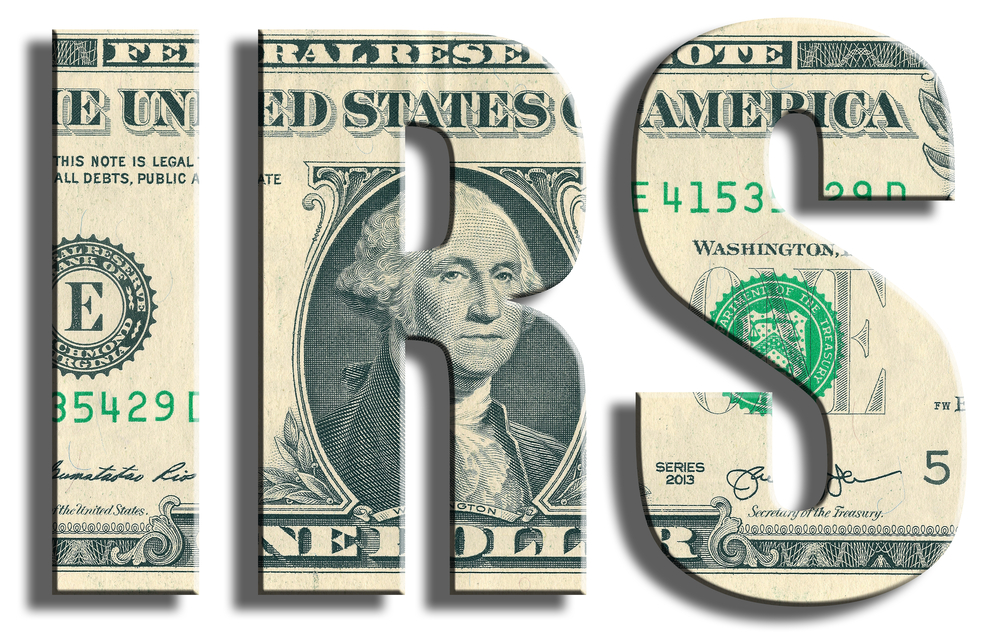Businesses may receive notices about information returns that don’t match IRS records

The Internal Revenue Service (IRS) sends notices to corporations, financial institutions, and other taxpayers who filed returns with information that did not match the agency’s records.
Moreover, the IRS sends these CP2100 and CP2100A warnigs twice a year to taxpayers who have filed information returns that are missing a Taxpayer Identification Number (TIN), have a false name, or both. Each warning includes a list of people who received money from the company and had TIN concerns.
If you get one of these alerts, you should check the accounts indicated on the notice against your records and, if required, rectify or update your records. For example, correcting backup withholding on payments sent to payees.
Which returns are included in the IRS notices?
Businesses, financial institutions, and other payers must submit various information reports with the IRS to disclose payments made to independent contractors, customers, and others. These information returns must include the following:
- Proceeds from Broker and Barter Exchange Transactions (Form 1099-B)
- Dividends and Distributions (Form 1099-DIV)
- Interest Income (Form 1099-INT)
- Payment Card and Third-Party Network Transactions (Form 1099-K)
- Miscellaneous Income (Form 1099-MISC)
- Nonemployee Compensation (Form 1099-NEC)
- Certain Gambling Winnings (Form W-2G)
Do you also have backup withholding responsibilities?
The CP2100 and CP2100A warnings further inform recipients that backup withholding is their responsibility. Backup withholding applies to payments reported on the information as mentioned above returns if:
- The payer doesn’t have the payee’s TIN when making payments required to be reported
- The individual receiving payments doesn’t certify their TIN as required
- The IRS notifies the payer that the individual receiving payments furnished an incorrect TIN
- The IRS notifies the payer that the individual receiving payments didn’t report all interest and dividends on their tax return
Do you have to report additional payments to independent contractors?
Payers must prepare Form 1099-NEC, “Nonemployee Compensation,” by January 1 of the following year to disclose certain payments made to beneficiaries. That is, you must report payments as nonemployee remuneration if you made a payment:
- To someone who isn’t your employee
- For services in the course of your trade or business
- To an individual, partnership, estate, or, in some cases, a corporation
- To a recipient of at least $600 during the year
If you get either of the CP2100 or CP2100A notices from the IRS, or if you have issues with Form 1099-NEC, contact our RRBB accountants and advisors. We can assist you in adhering to all the rules.
© 2022
RRBB eNEWSLETTER
Get free tax planning and financial advice




